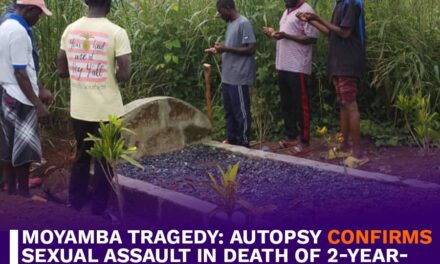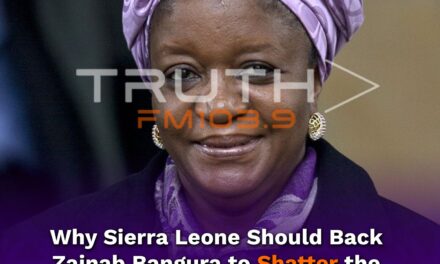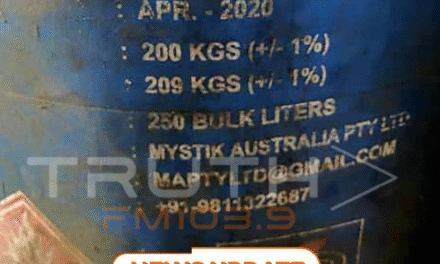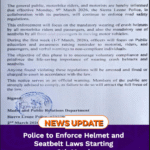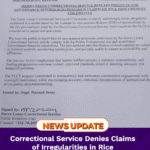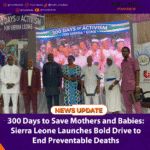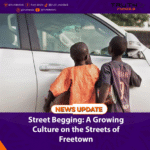By Nafisatu Olayinka Deen
Freetown, September 8, 2025 – The Electoral Commission for Sierra Leone (ECSL) on 5th September 2025 convened a high-level stakeholder engagement at its headquarters in Freetown, reaffirming its commitment to transparency, collaboration and reform as the country prepares for the 2028 general elections.
Led by Acting Chief Electoral Commissioner Edmond Sylvester Alpha, the session brought together civil society leaders, media representatives and election observers for a candid dialogue on the implementation of the Tripartite Committee’s recommendations, a set of 80 proposals aimed at strengthening Sierra Leone’s electoral architecture.
Commissioner Alpha assured attendees that the ECSL is “working diligently to ensure the elections will be peaceful, transparent, and inclusive,” emphasizing that strategic planning for 2028 is already underway and deeply informed by the Tripartite Report.
Executive Secretary William Addo Davies provided a detailed update, revealing that 60 out of the 80 recommendations directly pertain to ECSL’s mandate. Key reforms in progress include:
- A national consultation policy to guide stakeholder engagement
- A regulatory framework for electoral procedures
- Enhanced public information systems to improve voter education and access
“The Commission is not just ticking boxes,” Davies noted. “We’re building a foundation for credible elections, and civil society is central to that process.”
Western Area Commissioner Madam Zainab Moseray echoed this sentiment, highlighting the ECSL’s “friendly and inclusive relationship” with civil society organizations. She stressed that the engagement was designed to foster trust and shared ownership of the electoral process.
The atmosphere was one of mutual respect and forward-looking resolve. Participants praised the Commission’s openness and urged continued transparency as reforms unfold.
As Sierra Leone charts its democratic future, the ECSL’s proactive engagement signals a promising shift, from procedural compliance to participatory governance. With civil society at the table and reform on the agenda, the road to 2028 may yet be paved with progress.
